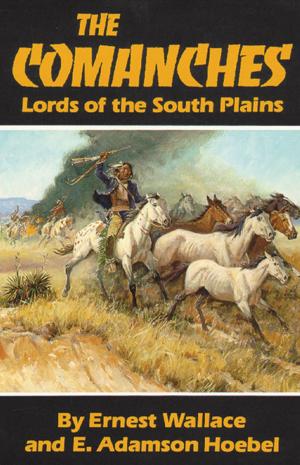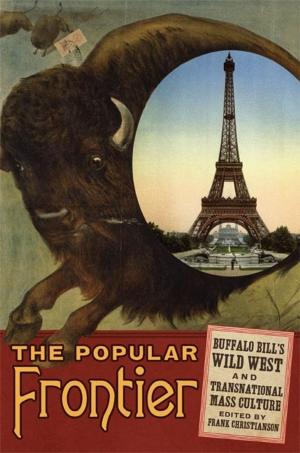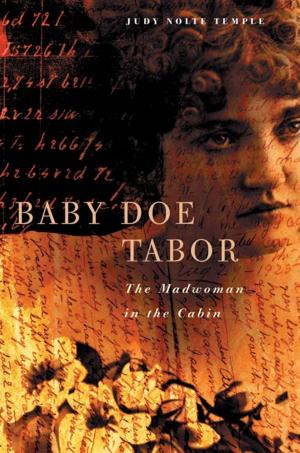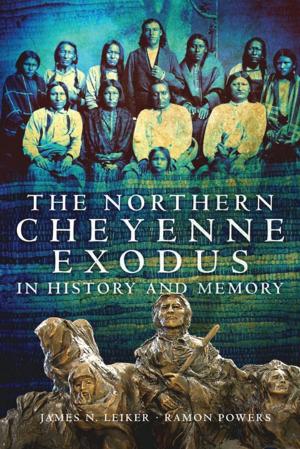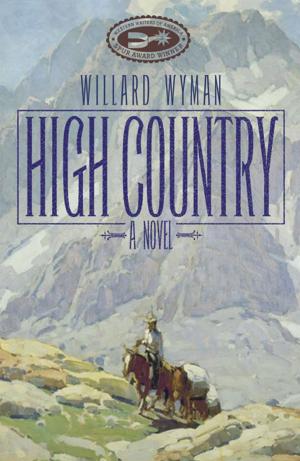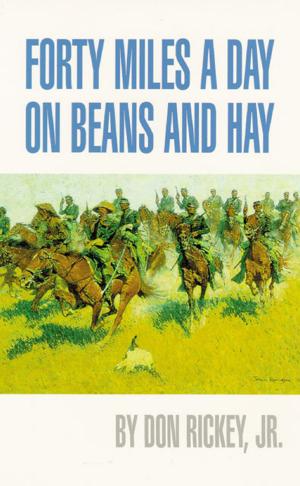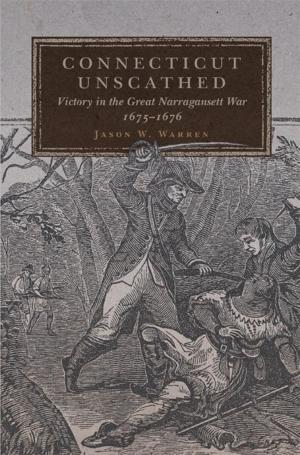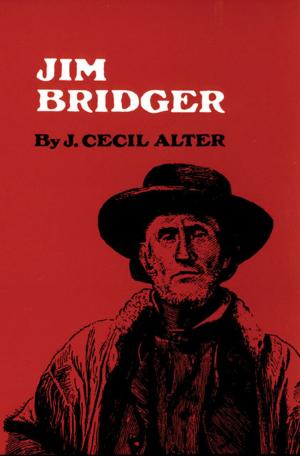Indians and Emigrants
Encounters on the Overland Trails
Nonfiction, Social & Cultural Studies, Social Science, Cultural Studies, Native American Studies, History, Americas, Native American, United States, 19th Century| Author: | Michael L. Tate | ISBN: | 9780806147345 |
| Publisher: | University of Oklahoma Press | Publication: | August 4, 2014 |
| Imprint: | University of Oklahoma Press | Language: | English |
| Author: | Michael L. Tate |
| ISBN: | 9780806147345 |
| Publisher: | University of Oklahoma Press |
| Publication: | August 4, 2014 |
| Imprint: | University of Oklahoma Press |
| Language: | English |
In the first book to focus on relations between Indians and emigrants on the overland trails, Michael L. Tate shows that such encounters were far more often characterized by cooperation than by conflict. Having combed hundreds of unpublished sources and Indian oral traditions, Tate finds Indians and Anglo-Americans continuously trading goods and news with each other, and Indians providing various forms of assistance to overlanders.
Tate admits that both sides normally followed their own best interests and ethical standards, which sometimes created distrust. But many acts of kindness by emigrants and by Indians can be attributed to simple human compassion.
Not until the mid-1850s did Plains tribes begin to see their independence and cultural traditions threatened by the flood of white travelers. As buffalo herds dwindled and more Indians died from diseases brought by emigrants, violent clashes between wagon trains and Indians became more frequent, and the first Anglo-Indian wars erupted on the plains. Yet, even in the 1860s, Tate finds, friendly encounters were still the rule.
Despite thousands of mutually beneficial exchanges between whites and Indians between 1840 and 1870, the image of Plains Indians as the overland pioneers’ worst enemies prevailed in American popular culture. In explaining the persistence of that stereotype, Tate seeks to dispel one of the West’s oldest cultural misunderstandings.
In the first book to focus on relations between Indians and emigrants on the overland trails, Michael L. Tate shows that such encounters were far more often characterized by cooperation than by conflict. Having combed hundreds of unpublished sources and Indian oral traditions, Tate finds Indians and Anglo-Americans continuously trading goods and news with each other, and Indians providing various forms of assistance to overlanders.
Tate admits that both sides normally followed their own best interests and ethical standards, which sometimes created distrust. But many acts of kindness by emigrants and by Indians can be attributed to simple human compassion.
Not until the mid-1850s did Plains tribes begin to see their independence and cultural traditions threatened by the flood of white travelers. As buffalo herds dwindled and more Indians died from diseases brought by emigrants, violent clashes between wagon trains and Indians became more frequent, and the first Anglo-Indian wars erupted on the plains. Yet, even in the 1860s, Tate finds, friendly encounters were still the rule.
Despite thousands of mutually beneficial exchanges between whites and Indians between 1840 and 1870, the image of Plains Indians as the overland pioneers’ worst enemies prevailed in American popular culture. In explaining the persistence of that stereotype, Tate seeks to dispel one of the West’s oldest cultural misunderstandings.




